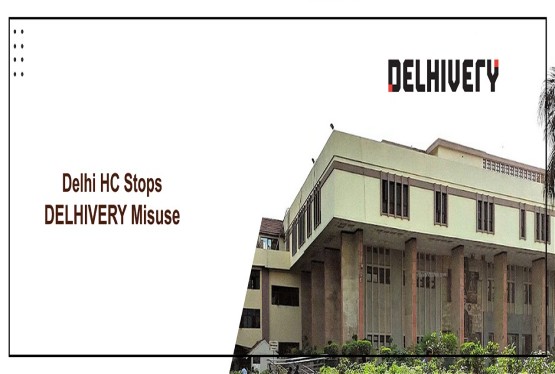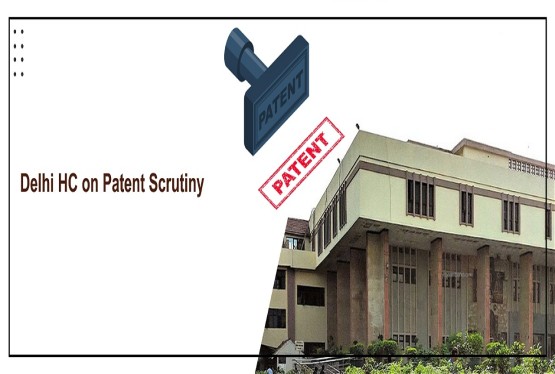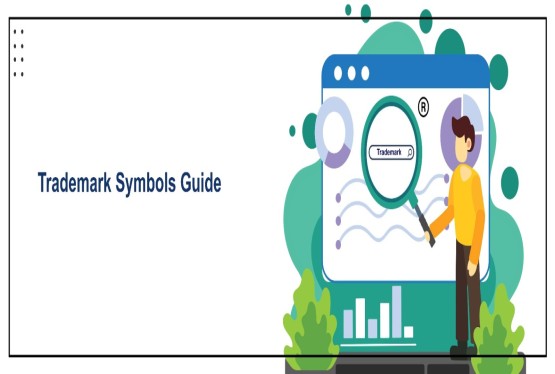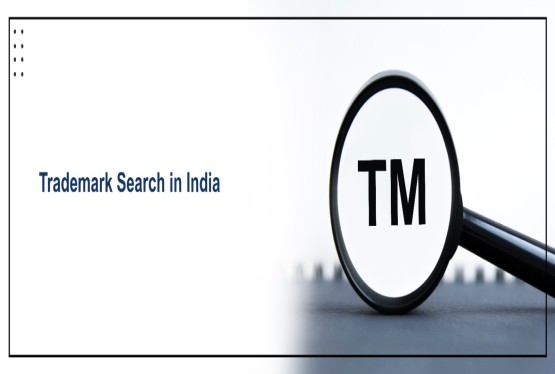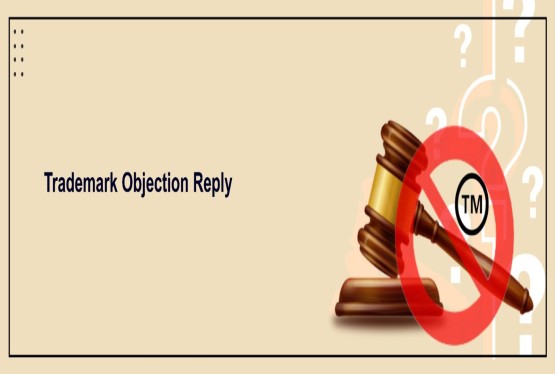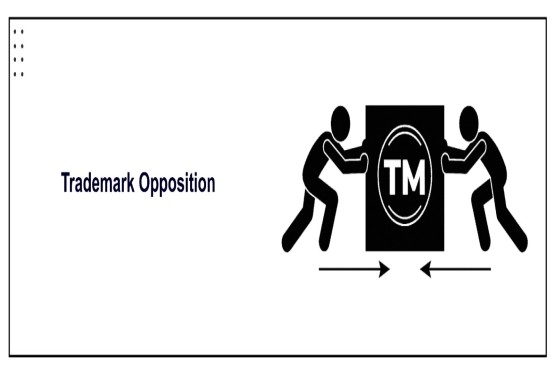The Delhi High Court made an important decision in a dispute between two big cement companies Ambuja Cements Limited and JSW Cement Limited. The problem is about the name “Kawach” that both companies are using for their cement products. Ambuja says that the name belongs to them, but JSW Cement is also using it. Instead of fighting for a long time in court, the court told both companies to try to solve the problem through mediation first. Mediation means they will meet with a neutral person who will help them talk and find a solution together. This way is faster and cheaper than going through a long court case. It can save time, money, and help both companies avoid more problems. The court wants disputes like this to be solved peacefully and quickly.
Dispute of the Case
Ambuja Cements claims that they own the rights to the name “Kawach” and that JSW Cement is using this name without their permission. Ambuja says this can confuse customers because both companies are using the same name on their products. This can hurt Ambuja’s business and reputation. So, Ambuja went to the Delhi High Court and filed a lawsuit against JSW Cement. They asked the court to stop JSW from using the name “Kawach” and also asked for compensation because they believe JSW’s actions are unfair and illegal.
Trademark Infringement
A trademark is a special name, logo, or symbol that shows a product belongs to a particular company. It helps customers recognize who made the product. Trademark infringement happens when someone uses a trademark without permission. This can confuse customers and damage the owner’s business. The law protects trademarks to stop this from happening.
Delhi High Court Ruling
Instead of letting the case go through a long and expensive trial, the court suggested both companies try mediation. Mediation is a way to solve problems without going to court. Both companies will meet with a neutral person called a mediator. The mediator helps both sides talk and find a solution they both agree on. The court set the date for mediation on 26th September 2025 at the Delhi High Court Mediation Centre.
Why Is Mediation Important?
Mediation is faster than a court case. It helps companies avoid a long fight, save money, and keep their business secrets private. It also helps keep good relationships between companies. But the court also said that even if they try mediation, both companies must still follow court rules and finish all legal papers on time.
Relevant Sections
The Judgment Referred to key provisions of the Trademark act, 1999.
-
Section 29 – Trademark Infringement: Ambuja alleges that JSW Cement infringed their registered trademark "Kawach" by using the same mark on cement products. This section is the main legal ground for the lawsuit.
-
Section 134 – Jurisdiction: Ambuja filed the case in Delhi High Court, where it carries on business, as permitted under this section.
-
Section 135 – Remedies for Infringement: Ambuja sought a permanent injunction, damages, and other reliefs under this section to stop JSW from using the “Kawach” mark.
Commercial Courts Act, 2015
-
Section 12A – Pre-Institution Mediation: Ambuja sought exemption from pre-litigation mediation due to urgency. The court allowed it but still referred parties to post-filing mediation on 26.09.2025.
Final Word
The Delhi High Court’s order in the Ambuja vs JSW trademark case is a good example of how India’s legal system is improving to handle business disputes faster and better. The mediation scheduled in September 2025 could help both companies reach an agreement without a long fight in court.
FAQ
Q1. What is the dispute between Ambuja and JSW Cement about?
Ans. The dispute is about the use of the trademark name "Kawach" on cement products. Ambuja Cements claims they legally own this trademark, but JSW Cement is also using the same name. Ambuja says this causes confusion and affects their business.
Q2. What is a trademark?
Ans. A trademark is a special name, logo, or symbol that identifies a product or company. It helps customers know where the product is coming from. For example, “Kawach” is the trademark Ambuja says it owns.
Q3. What is trademark infringement?
Ans. Trademark infringement happens when someone uses a registered trademark without permission. This can confuse customers and hurt the original company’s reputation or sales. It is protected under Section 29 of the Trademarks Act, 1999.
Q4. Why did Ambuja file a case?
Ans. Ambuja filed a case in the Delhi High Court asking for:
-
A stop (injunction) to JSW’s use of the “Kawach” name,
-
Compensation (damages),
-
And protection of their trademark rights under the law.
Q5. What did the Delhi High Court decide?
Ans. Instead of starting a long court trial, the Delhi High Court suggested both companies should first try mediation. This means a neutral third party will help them try to solve the issue outside court.
Q6. What is mediation?
Ans. Mediation is a way to solve disputes peacefully. A mediator (neutral person) helps both sides talk and reach an agreement. It is faster, cheaper, and more private than a court case.
Q7. Is mediation required by law?
Ans. Yes, under Section 12A of the Commercial Courts Act, 2015, parties should try pre-institution mediation before filing commercial disputes. However, Ambuja got an exemption due to urgency, and the court ordered post-filing mediation instead.
Q8. What are the relevant laws in this case?
Ans. The main legal sections involved are:
-
Section 29, 134, 135 – of the Trademarks Act, 1999
-
Section 12A – of the Commercial Courts Act, 2015
Q9. What will happen if mediation fails?
Ans. If the mediation fails, the court will continue with the usual legal process. Both parties will present their evidence and arguments in court, and the judge will give a final decision.
Q10. When is the next court date?
Ans. The next date for court proceedings is 15th October 2025. But the mediation session is scheduled for 26th September 2025.
Q11. Why is this case important?
Ans. This case shows how Indian courts are promoting faster and peaceful solutions to commercial disputes through mediation. It also highlights how seriously courts take trademark protection and brand identity in business.

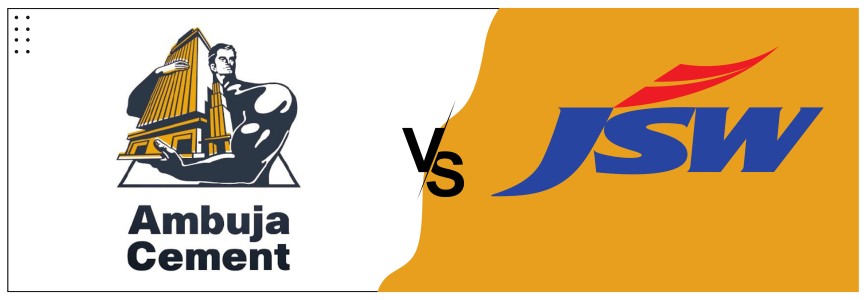




























_(b)_of_the_Trademark_Act,_1999_(1)_crop10_thumb.jpg)



_crop10_thumb.jpg)




























_crop10_thumb.jpg)
_crop10_thumb.jpg)






_crop10_thumb.jpg)








_crop10_thumb.jpg)



_crop10_thumb.jpg)





























_crop10_thumb.jpg)

















_crop10_thumb.jpg)






_crop10_thumb.jpg)












































































































































_crop10_thumb.jpg)




































_crop10_thumb.jpg)












_crop10_thumb.jpg)















































_crop10_thumb.jpg)

































































































